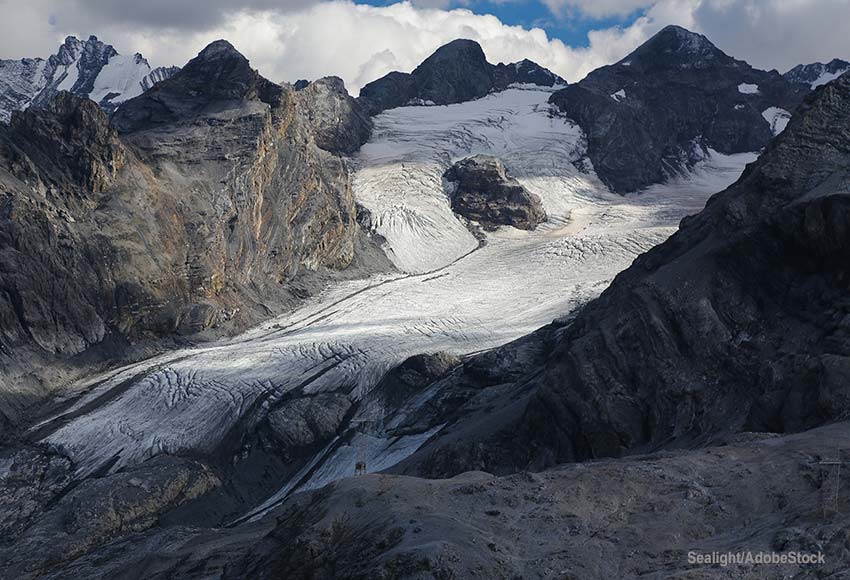FAQ about Glaciers

3. What benefits do glaciers provide us?
The biggest benefit of glaciers is that they contain about 70% of the Earth’s total fresh water. They are the main generators of rivers, which, as we know, have had great importance in the origin of civilization and its subsequent development.
Glaciers, being composed of water, are part of the hydrological cycle. The water cycle is fundamental for food production, energy generation, use in homes, clinics, hospitals, industries and other services. The water cycle is also key to climate regulation.
As the glaciers melt, the water falls into the rivers and from there goes to the sea. When mixed with salt water it loses its property of drinking water, and therefore its immense benefit. As glaciers melt, the planet’s drinking water reserves decrease.
FAQs about glaciers
1. What are glaciers, how long do they take to form and retreat?
2. What is the difference between a glacier, an iceberg and an ice pack?
3. What benefits do glaciers provide us?
4. Why are glaciers and other ice the Earth’s sunscreens?
5. What would happen if all the glaciers on Earth melted?
6. Did you know that Venezuela is the first country in the world to lose its last glacier?
8. How many glaciers are there on Earth and which are the highest?
Other sections of Glaciers
Video Gallery
The Planets In Our Solar System
